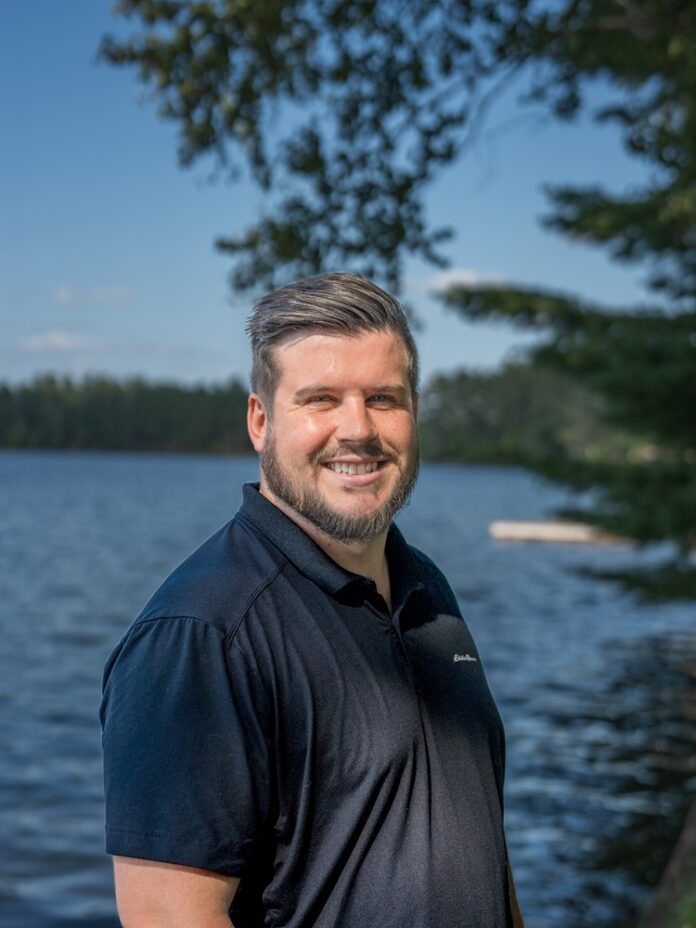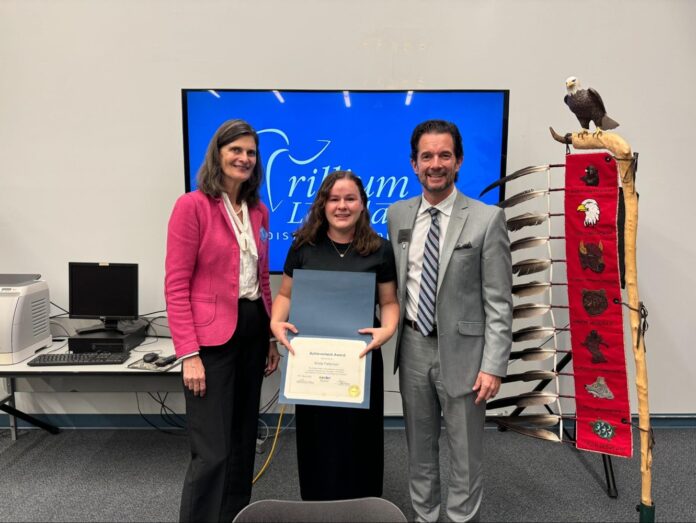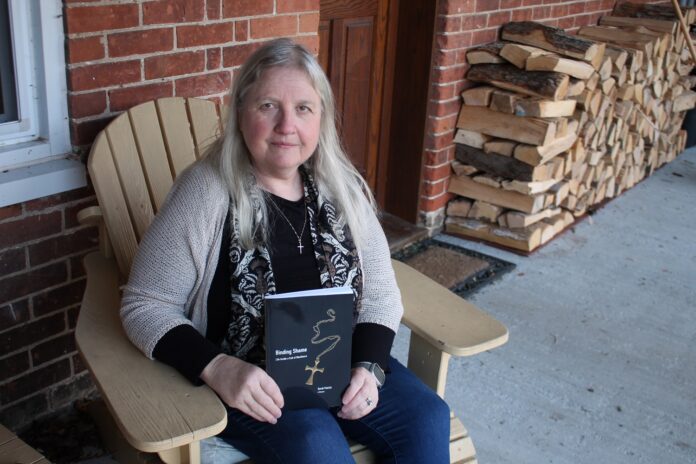Haliburton County Huskies head coach Ryan Ramsay has been preparing his young charges for a pivotal week as the Ontario Junior Hockey League season kicks into overdrive ahead of the holidays.
The team plays six games before breaking for Christmas Dec. 22, with two top-of-the-table clashes coming up on the road this weekend. The Huskies will be in the city Friday to take on the St. Michael’s Buzzers before travelling to Wellington on Sunday for a tilt with the Dukes.
“These are two or three very important weeks that, really, will define our season. We lost against St. Mike’s last time we went there and they’re performing well right now. Wellington is right in front of us, so these are two massive games,” Ramsay said.
“We can’t lose both – we’d like to win both and start separating ourselves from the pack a little. The top four teams typically start breaking away a bit, so this will show us what kind of hockey team we have,” he added.
The Huskies sit fifth in the OJHL East Conference with a record of 20-8-0, one point back of the Buzzers and two behind the Dukes, though with games in hand.
Ramsay said his side will go into the games full of confidence after knocking off the Pickering Panthers and Aurora Tigers last weekend. The Huskies are now riding a three-game winning streak.
They had to do things the hard way against the Panthers and Tigers – with starting netminder Carter Nadon unavailable and backup Corbin Votary being traded to the Maritime Junior Hockey League, the Huskies called on 17-year-old rookie Daniel Giusti, an affiliate player, to man the goal.
Giusti stood up to the pressure – giving up only two goals total as the Huskies roared to a 4-1 win in Pickering Nov. 29 before besting Aurora 2-1 in double overtime on home ice Nov. 30. The young netminder recorded a 0.95 goals against average and .966 save percentage.
“He was really impressive playing back-to-back, I thought he played great. He’s a smaller guy but he moves really well,” Ramsay said. “If you’re only giving up one goal per game you’re going to win a lot of hockey games, and he gave us a great chance to do that.”
The Huskies are in the market for another goaltender who can challenge Nadon, with Ramsay saying he hopes to have something in place for next weekend’s lone game, when the Huskies host Pickering Dec. 14.
For this weekend, Ramsay confirmed co-captain Ty Petrou will be missing – he’s week-to-week with an upper body injury, but aside from that it’s a clean bill of health for the team.
“We’re got some really good depth through our lineup now, so we just need some different guys to step up,” the coach said.
Important wins
The Huskies rocked up in Pickering having recorded one win from their previous four games – and it looked like being more of the same in the early goings.
Owen Dunning broke the deadline with a powerplay marker 4:34 into the first and while it would have been easy for the Huskies to let their heads drop, the goal seemed to inspire them. Deandres De Jesus tied things a minute later, assisted by William Stewart and Peter Saroglou, before Ryder Dagenais potted a pair, at 10:40 and 13:29, to put the blue and white in a commanding position.
Isaac Larmand added a late empty netter for his seventh goal of the season, assisted by Camron Hankai and Nathan Poole.
Saturday’s match-up at S.G. Nesbitt Memorial Arena was a tense one – both teams went scoreless in the first despite firing a combined 24 shots. Aurora got on the board first, Cayden Smith scoring at 16:28 of the second, assisted by former Husky Antonio Cerqua.
Hankai levelled 8:04 into the final frame for his second point of the weekend, teed up by Poole and co-captain Raine Nadeau.
The 425 fans in attendance were treated to some extra action – though neither side could get the go-ahead goal during the first overtime period, Poole rifled in the winner 1:34 in second OT for his 12th goal of the season.
The Huskies will be back at home Dec. 14 when the team hosts the Panthers. Puck drop is set for 4 p.m.











